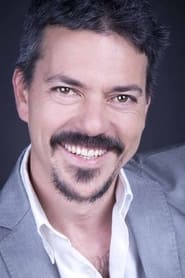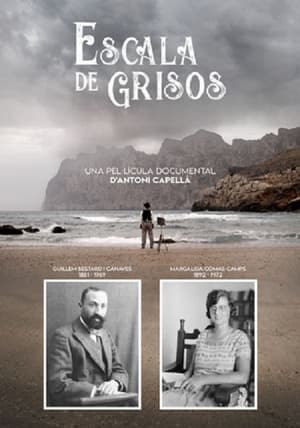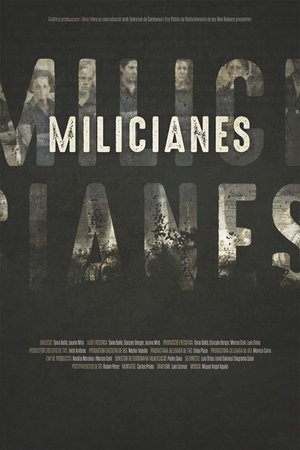
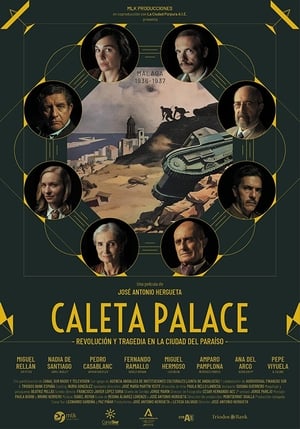
Caleta Palace(2023)
Eight foreign characters recall their exploits and fears in Malaga, a paradise city that starts a revolution on July 18th 1936, as the military coup is stopped by popular rebellion, until February 9th 1937, when Mussolini troops take Malaga and put it under the rule of Franco. Seven months that shape the stark tale of a besieged city, the first capital to be conquered in Spanish Civil War and a prelude of WW2.

Movie: Caleta Palace

Caleta Palace
HomePage
Overview
Eight foreign characters recall their exploits and fears in Malaga, a paradise city that starts a revolution on July 18th 1936, as the military coup is stopped by popular rebellion, until February 9th 1937, when Mussolini troops take Malaga and put it under the rule of Franco. Seven months that shape the stark tale of a besieged city, the first capital to be conquered in Spanish Civil War and a prelude of WW2.
Release Date
2023-11-24
Average
0
Rating:
0.0 startsTagline
Genres
Languages:
EspañolKeywords
Similar Movies
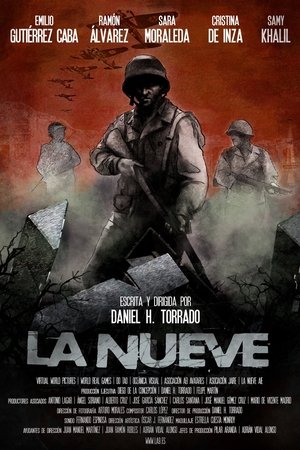 6.5
6.5La Nueve(es)
A young man accompanies his mother to a nursing home where he meets don Manuel, a World War II veteran.
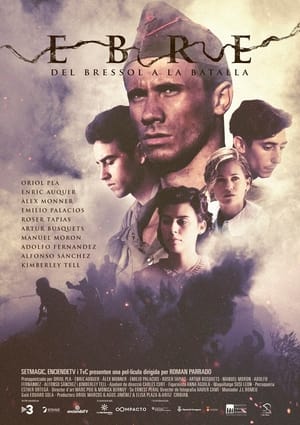 5.3
5.3Ebre, del bressol a la batalla(ca)
In 1938 the Spanish Civil War has worn both armies and destroyed the mood of the people of both sides. The differences between national Republicans however are revealing: The fascist side has the unconditional support of arms and men facilitated by Hitler and Mussolini while the Republican army is ignored by a Europe more concerned of a possible World War than the fate of Spain. Thousands of young people between 17 and 18 rows are called by the republican army. These are the main characters, four young for whom the Battle of the Ebro will be the first direct contact with the war. This film tells the story of these young people forced to leave behind innocence and into whistling bullets.
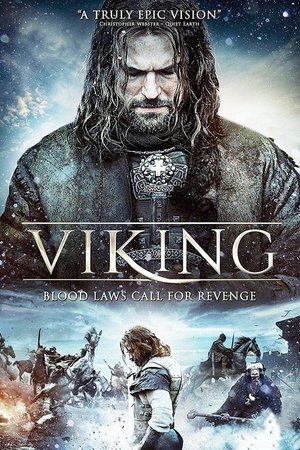 4.9
4.9Viking(ru)
The early Middle Ages. A time of heavy swords and dark blood law. The ruling clan is in discord. The guilt for the accidental death of the brother has fallen on the Grand Duke. According to the law, revenge must be taken by the younger brother, a bastard. For the refusal to kill, he has to pay with eve- rything he had, because “for peace you need more swords than for a war”...
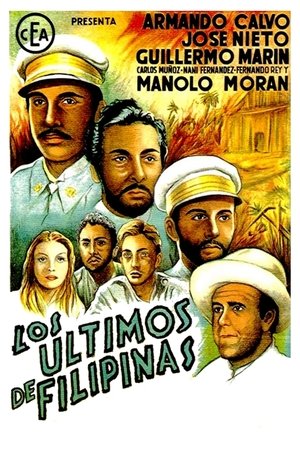 5.8
5.8Los últimos de Filipinas(es)
The Philippines, 1898, during the Spanish-American War. Fifty Spanish soldiers guarding the outpost established in the small village of Baler endure the cruel siege of the Filipino rebels for eleven months, although the war is almost lost…
Siege Warfare 1812: Ciudad Rodrigo & Badajoz - The Keys to Spain(en)
Due to the hostile terrain of the Iberian Peninsula Siege Warfare took on an importance here more than anywhere during the Napoleonic Wars. For the French in particular fortresses and fortified towns were the only places they could guarantee the safety of their logistics from the Spanish and Portuguese guerillas. If Wellington was going to liberate Portugal and Spain he would have to overcome these fortified locations. This film looks at the British and French experience during this period and uses the the great sieges of Ciudad Rodtigo and Badajoz to illustrate how both defence and attacks were carried out . The BHTV team use footage from Spain, re enactments, maps and models to bring this much neglected aspect of the Peninsula war to life.
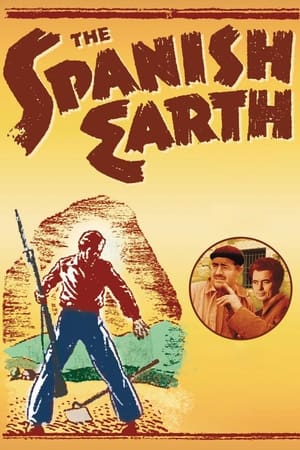 6.5
6.5The Spanish Earth(en)
A propaganda film made during the Spanish Civil War in support of the Republican government against the rebellion by Gen. Francisco Franco's forces who were backed by Nazi Germany and Fascist Italy. The film would have been seen by those making it as a documentary.
 0.0
0.0Virgins(es)
Seville, 1968. Honorio, Rafa, and Vicente are about to turn 20 and dream of escaping their routine. After watching a NO-DO newsreel about the tourism boom on the Costa del Sol and its air of freedom, they decide to travel to Torremolinos to change their lives and, above all, lose their virginity with Swedish women. Armed with the necessary excuses and a loaded Seat 600, they embark on a journey that will challenge everything they thought they knew until then.
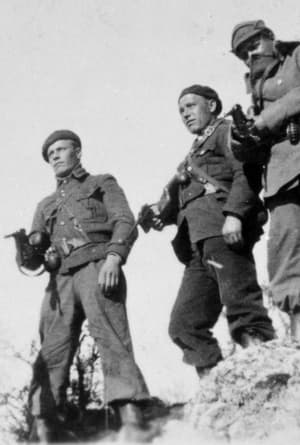 0.0
0.0To My Son in Spain: Finnish Canadians in the Spanish Civil War(en)
This documentary features the story of Jules Paivio, the last living Canadian volunteer of the infamous Mackenzie-Papineau Battallion of the “International Brigades”. When Jules left from his home near Port Arthur (Thunder Bay), Ontario, his father, a famous Finnish poet, wrote a lasting lament: “To My Son In Spain”. In 1936-37, 1700 Canadians volunteered to fight with the Spanish people against a fascist coup d’etat led by elements of the Spanish Army. Backed by Musselini and Hitler, the fascists were bent on overthrowing Spain’s democratically elected socialist government and replacing it with military and church rule. It could be argued this conflict marked the true beginning of what would become World War II.
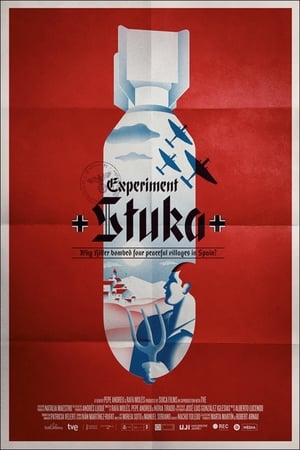 6.0
6.0Experiment Stuka(es)
Spanish Civil War, May, 1938. Four villages in Castellón, Benassal, Albocàsser, Ares del Maestrat and Vilar de Canes, were bombed from the sky and ravaged. 38 people died. Inhabitants never knew for sure who piloted the planes responsible for such atrocity, although the rebel propaganda attributed the act to the republican side. Now, 80 years later, the truth is finally exposed.
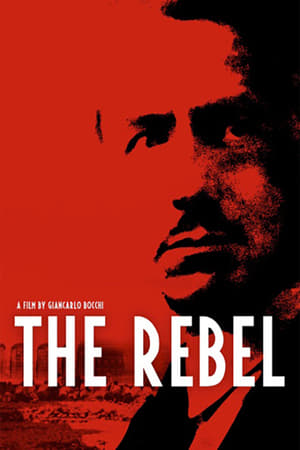 0.0
0.0The Rebel(it)
The adventures of Guido Picelli, a man who was a leading light in the history of twentieth-century Italy and Europe. Guido Picelli fought untiringly for the affirmation of social justice and opposed every form of totalitarianism.
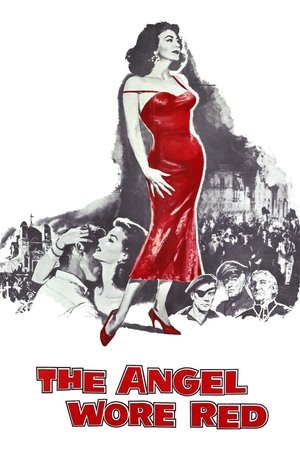 5.3
5.3The Angel Wore Red(en)
A clergyman travels to Spain to join the Loyalist side during the Spanish Civil War and finds himself attracted to a beautiful entertainer.
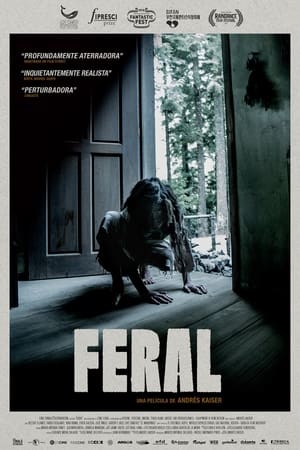 5.2
5.2Feral(es)
The mountains of Oaxaca harbor the remains of a ravaged and burnt shelter, once home to a psychoanalyst priest who used it to look after savage children, trying to re-integrate them into society. Through videotape diaries and interviews, the truth of what happened is shockingly revealed.
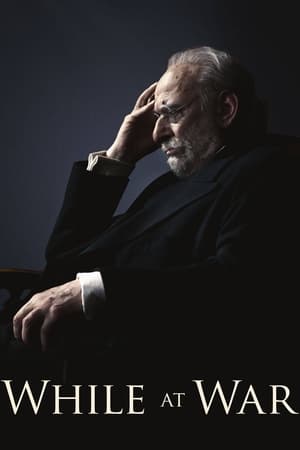 7.1
7.1While at War(es)
Salamanca, Spain, 1936. In the early days of the military rebellion that began the Spanish Civil War (1936-39), writer Miguel de Unamuno supports the uprising in the hope that the prevailing political chaos will end. But when the confrontation becomes bloody, Unamuno must question his initial position.
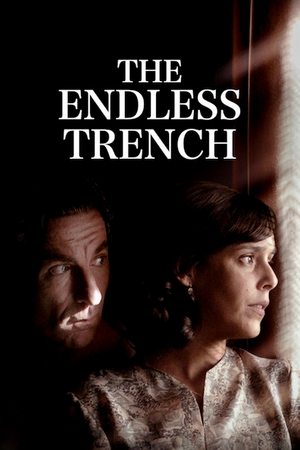 6.9
6.9The Endless Trench(es)
A small village in Huelva, Andalusia, Spain, 1936. Higinio and Rosa have been married only for a few months when the Civil War breaks out. Higinio, being afraid of possible reprisals from the rebel faction, decides to use a hole dug in his own house as a temporary hideout.
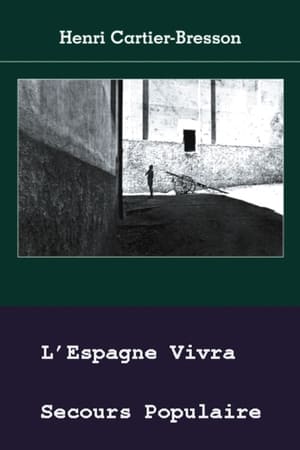 7.0
7.0L'Espagne vivra(fr)
In July 1936, the Spanish people resist the offensive by Franco’s army, backed by Italian and German fascists, aimed at conquering the country's major cities. Although many of the recruits to the new Republican Army are well trained, weapons and ammunition remain in short supply due to the non-intervention agreement initiated by France and signed by Italy and Germany. Yet the latter two countries continue to provide Franco’s army with military support and commit their troops on Spanish soil, while the fighters of the International Brigades return home.
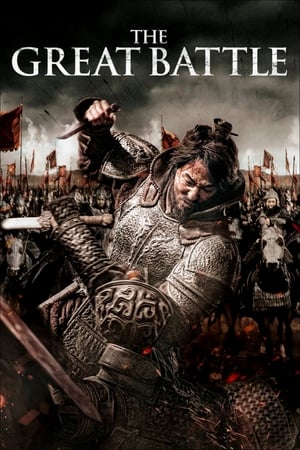 6.8
6.8The Great Battle(ko)
Kingdom of Goguryeo, ancient Korea, 645. The ruthless Emperor Taizong of Tang invades the country and leads his armies towards the capital, achieving one victory after another, but on his way is the stronghold of Ansi, protected by General Yang Man-chu, who will do everything possible to stop the invasion, even if his troops are outnumbered by thousands of enemies.


